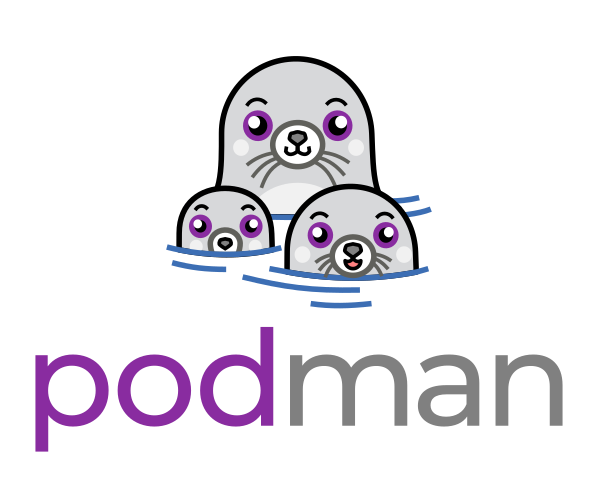libpod today is a Golang library and a CLI. The choice of interface you make has advantages and disadvantages.
Advantages:
- Stable, versioned API
- Language-agnostic
- Well-documented API
Disadvantages:
- Error handling is less verbose than Golang API
- May be slower
Advantages:
- Many commands output JSON
- Works with languages other than Golang
- Easy to get started
Disadvantages:
- Error handling is harder
- May be slower
- Can't hook into or control low-level things like how images are pulled
Advantages:
- Significant power and control
Disadvantages:
- You are now on the hook for container runtime security updates (partially,
runc/crunare separate) - Binary size
- Potential skew between multiple libpod versions operating on the same storage can cause problems
A good question to ask first is: Do you want users to be able to use podman to manipulate the containers created by your project?
If so, that makes it more likely that you want to run podman as a subprocess or using the HTTP API. If you want a separate image store and a fundamentally
different experience; if what you're doing with containers is quite different from those created by the podman CLI,
that may drive you towards vendoring.
